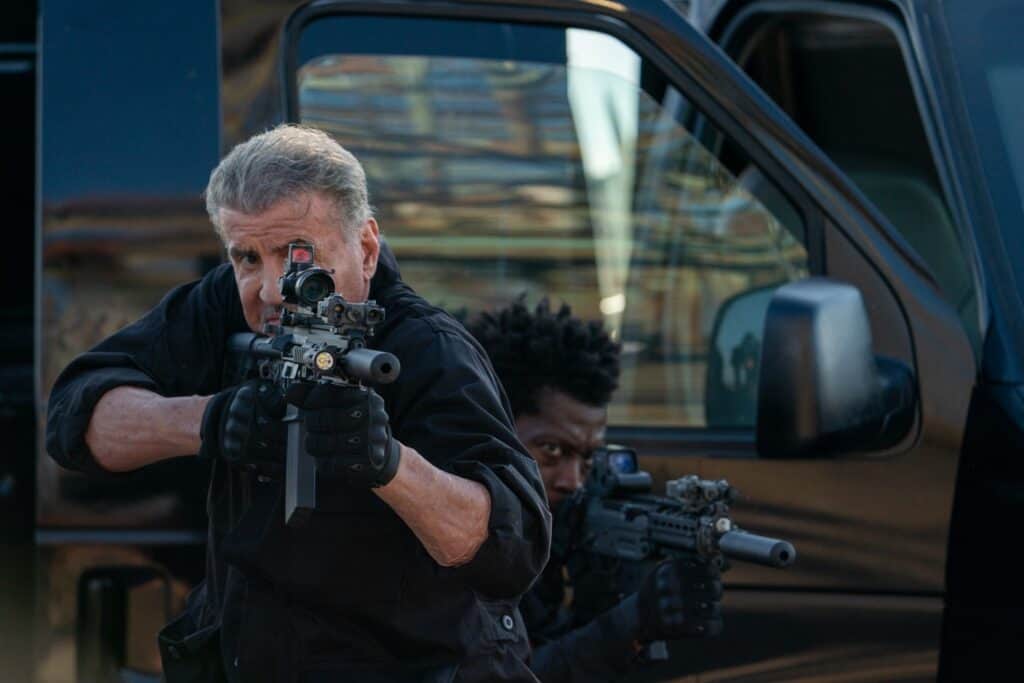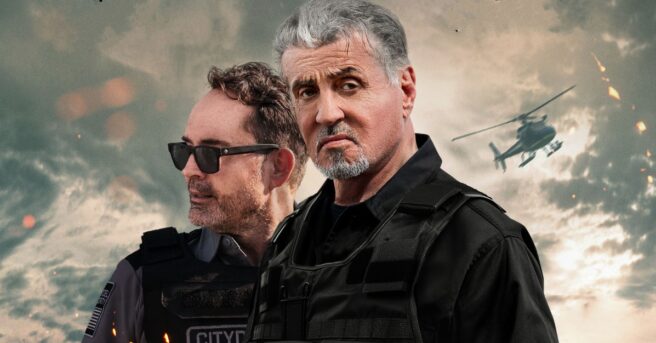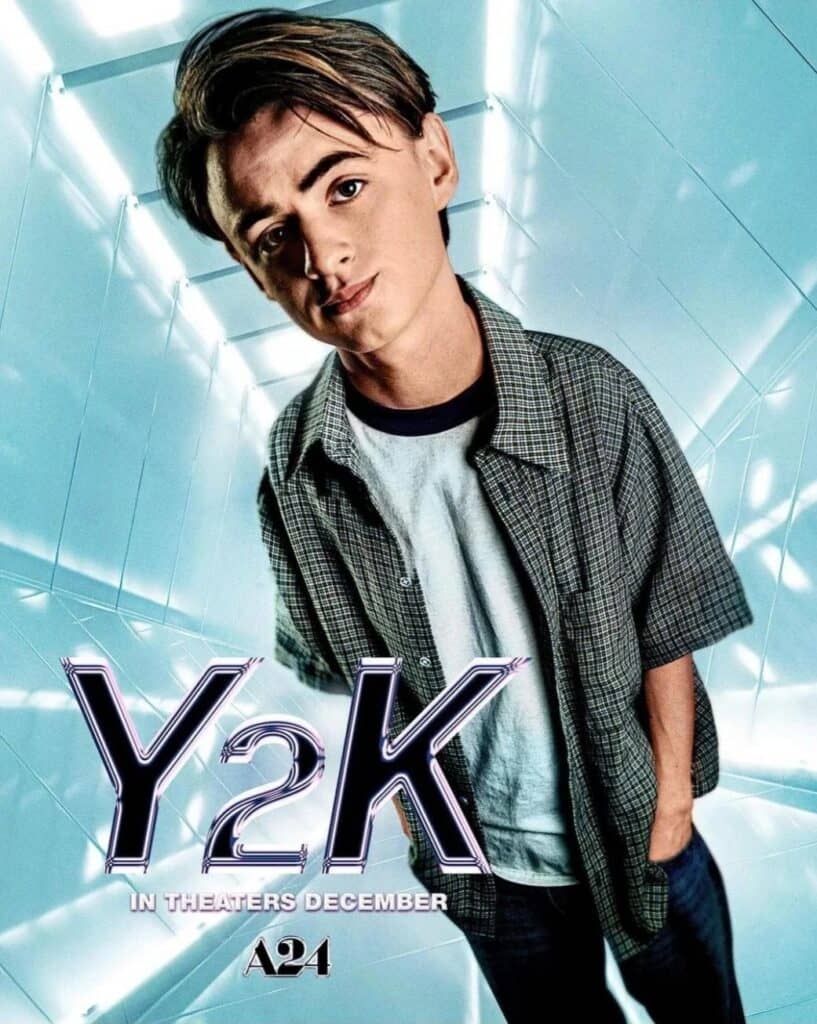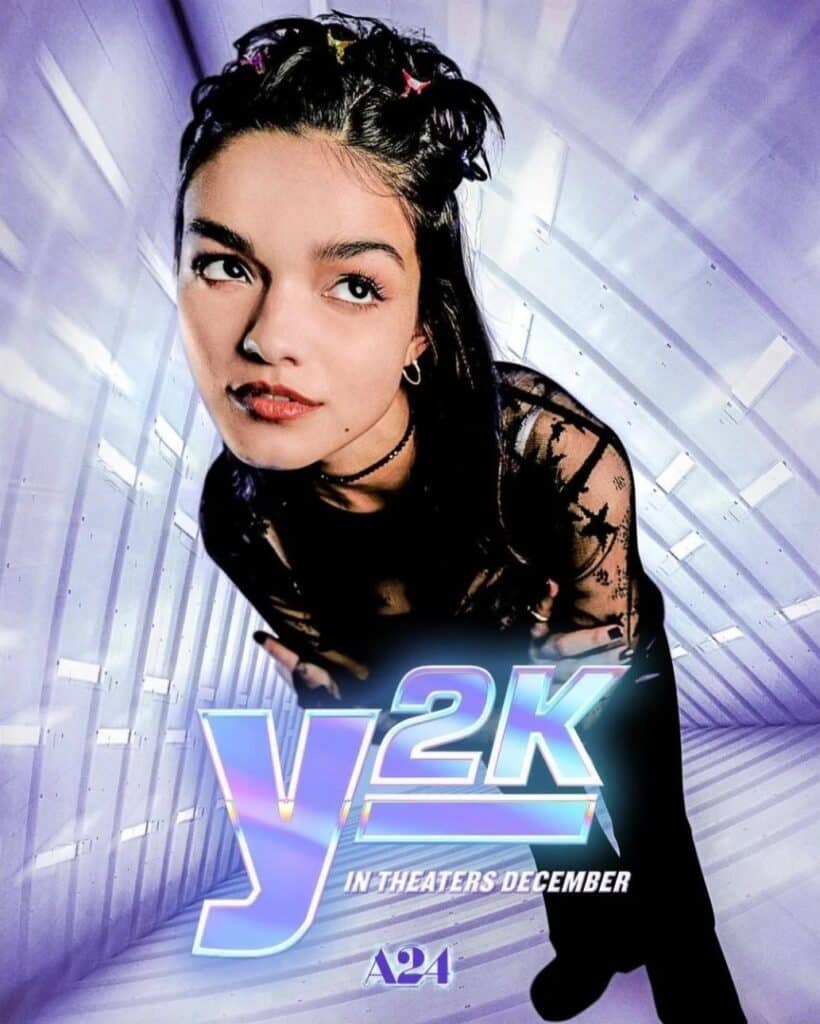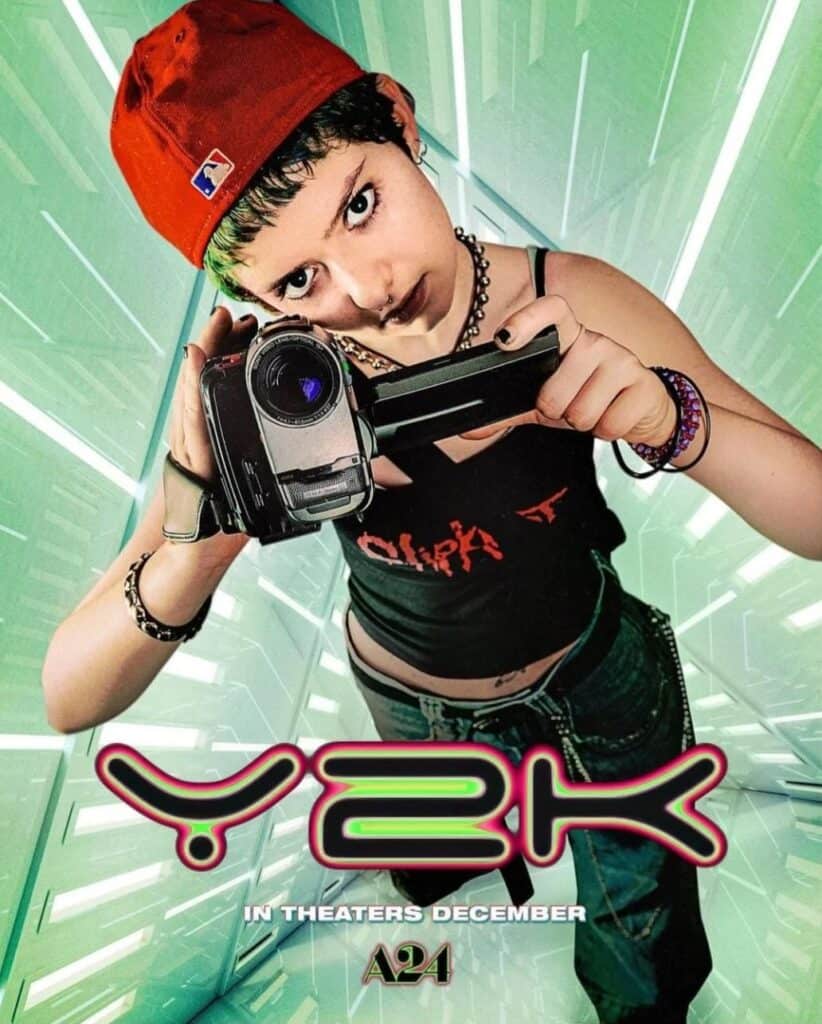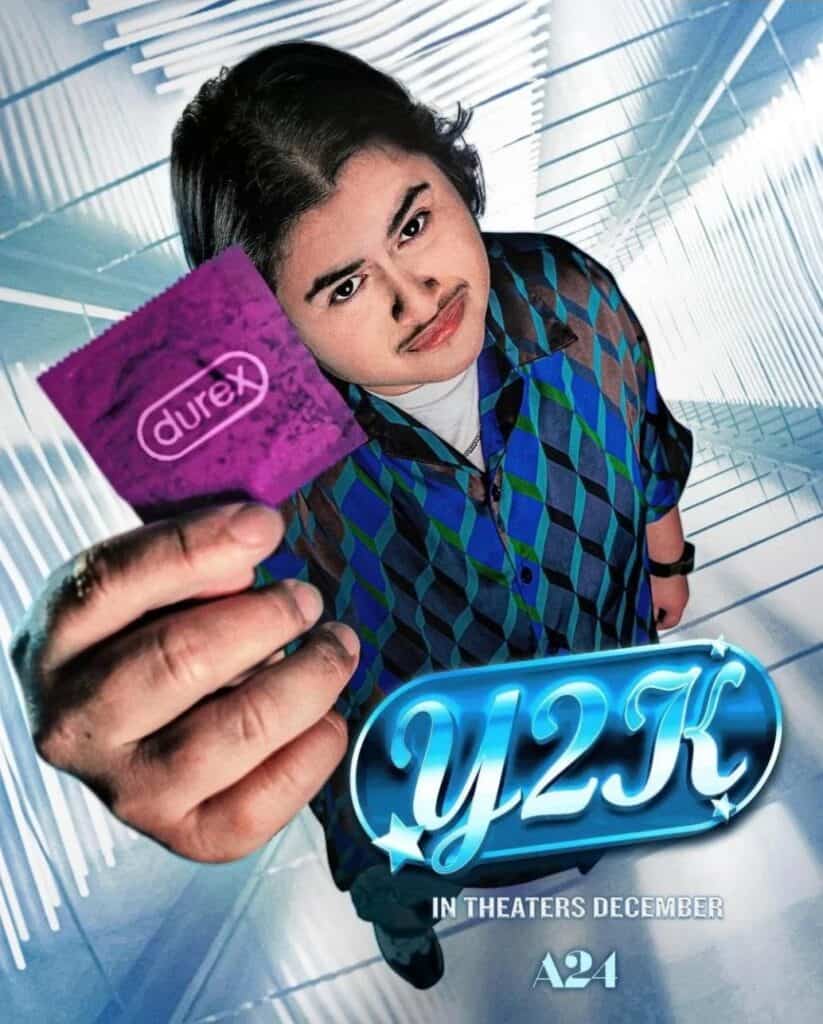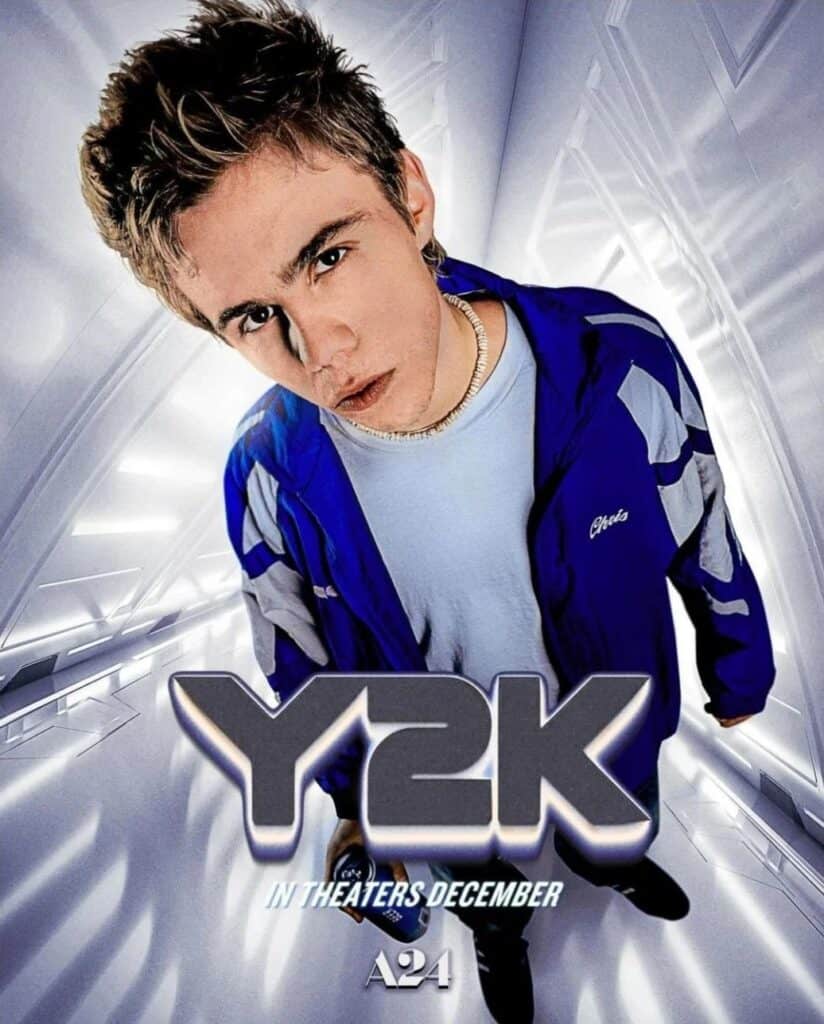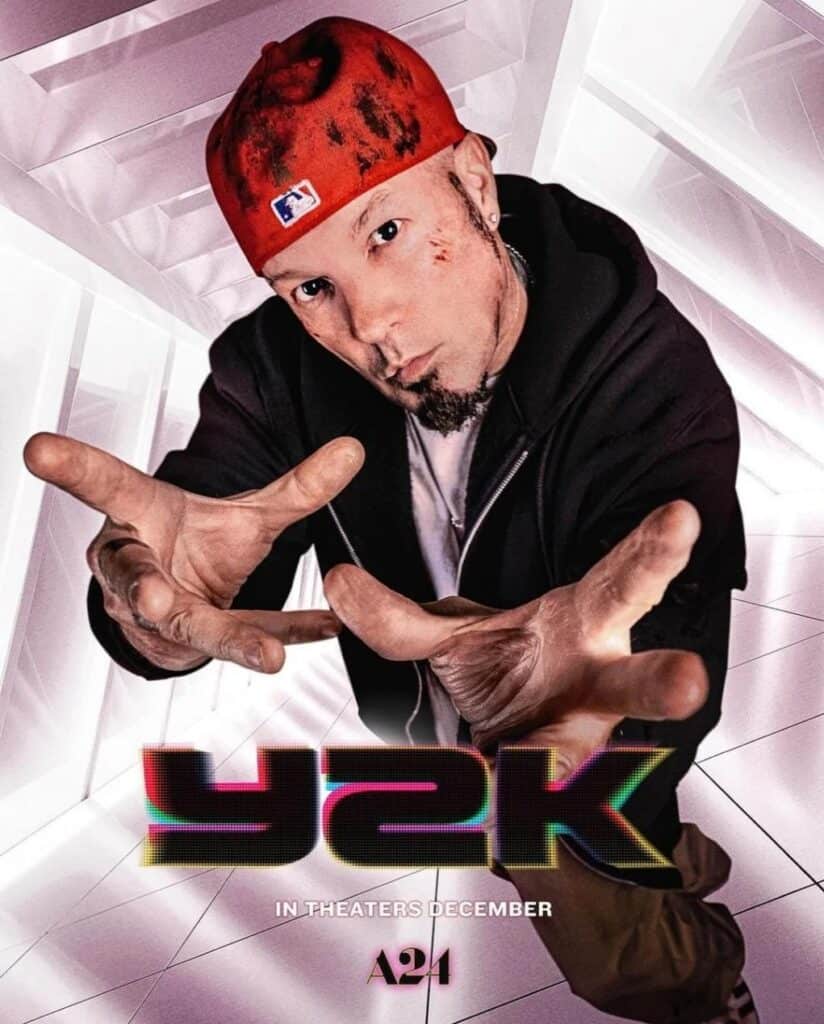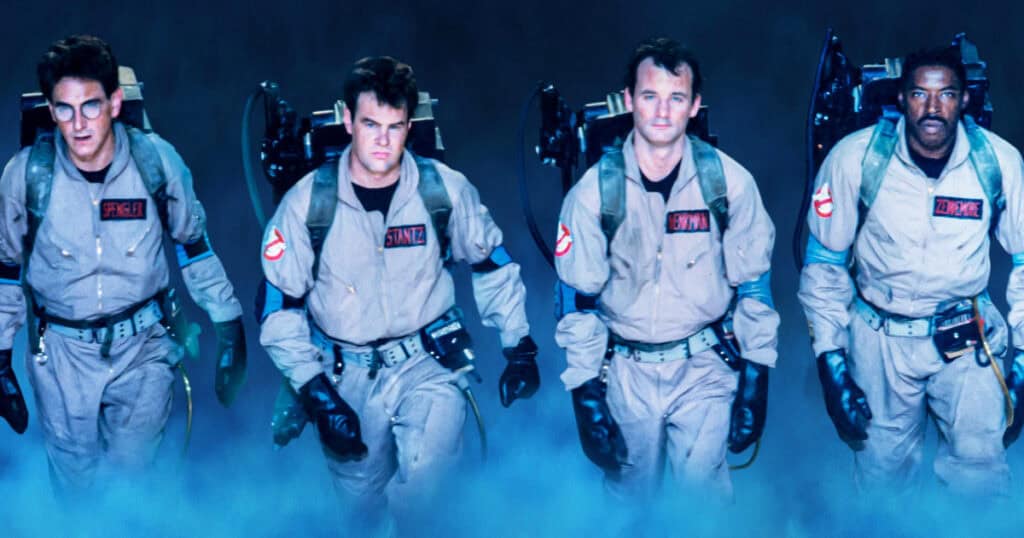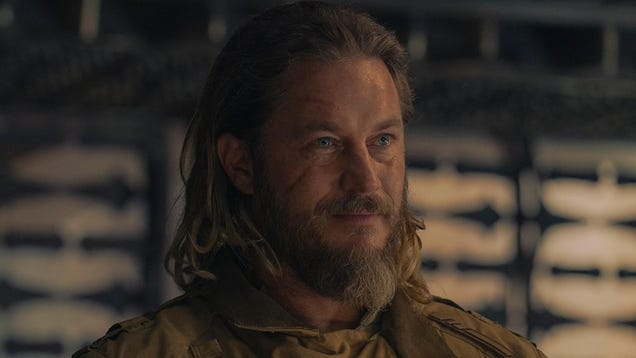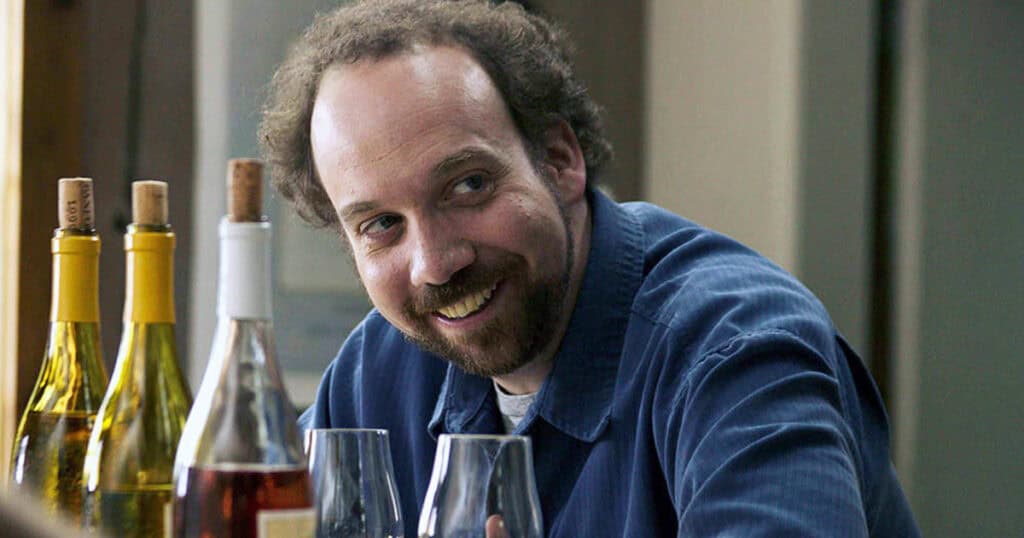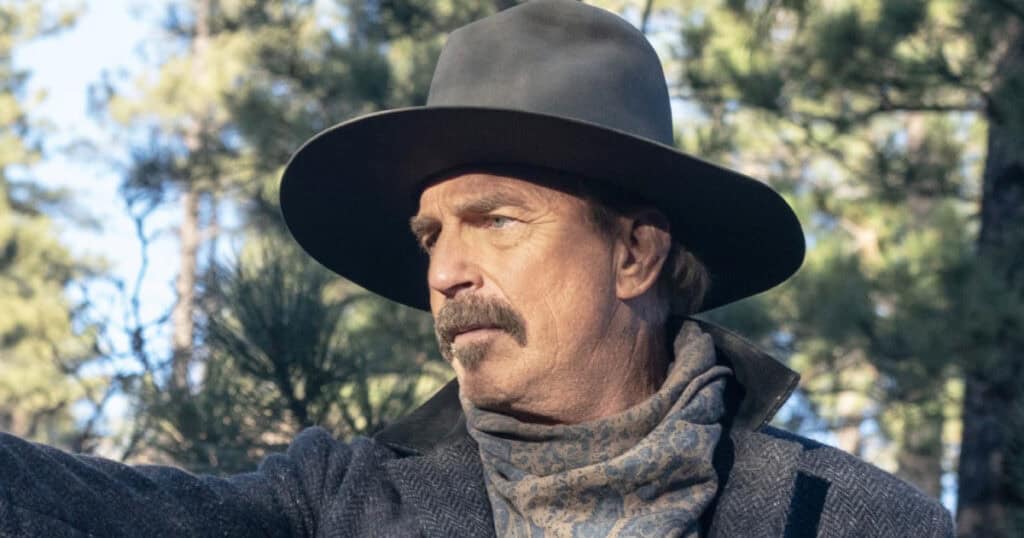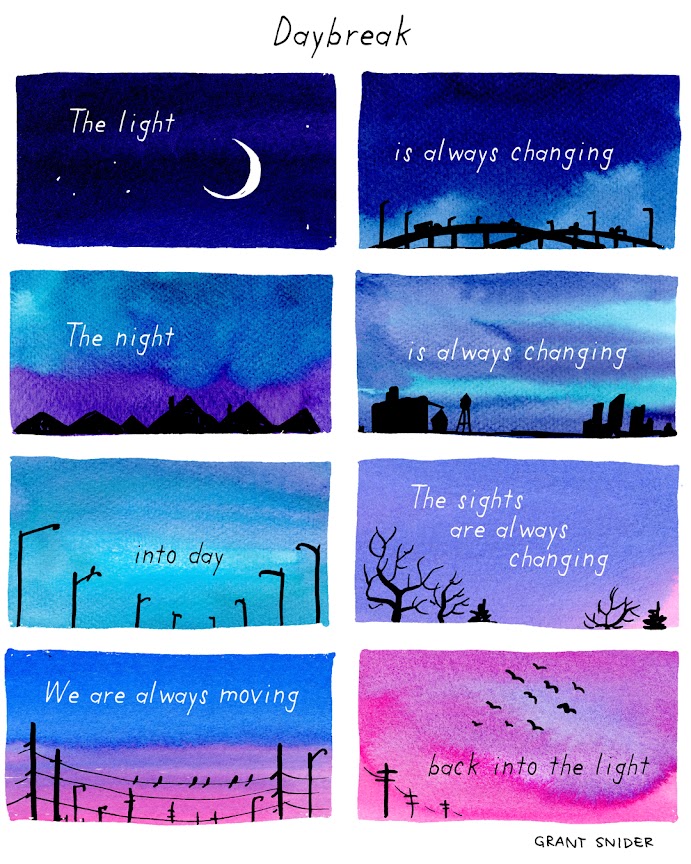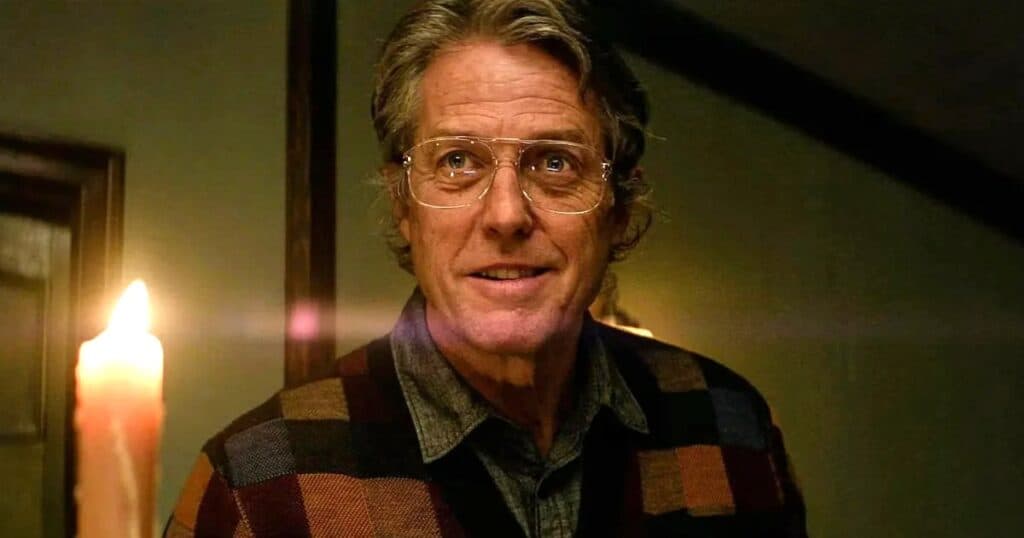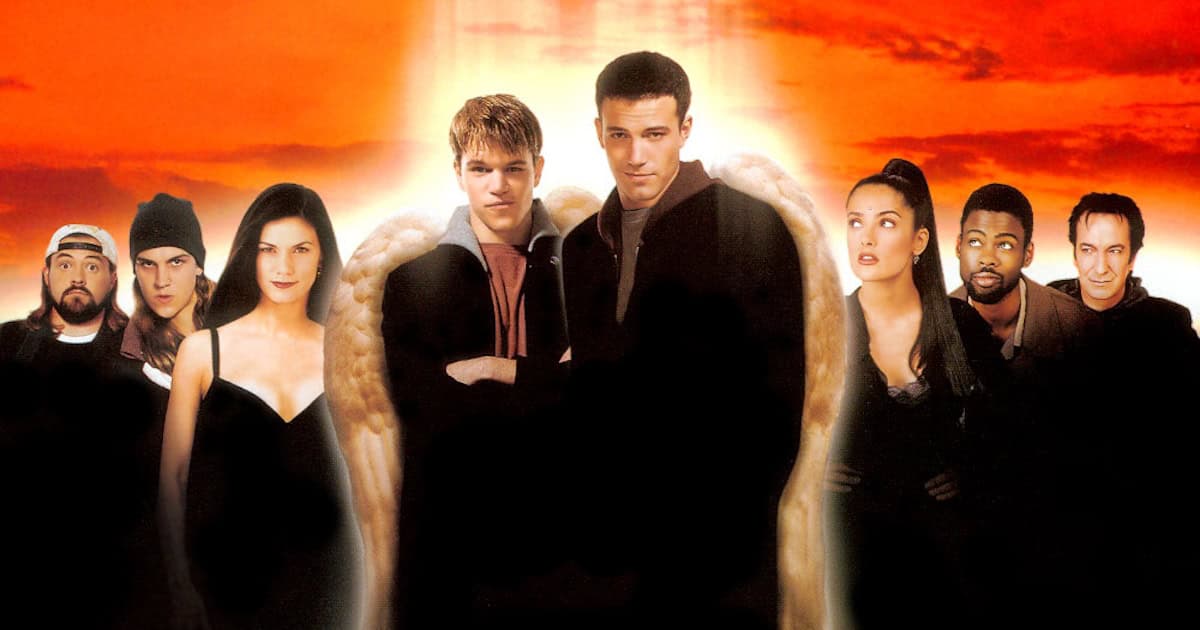

Last month, in what seemed like an eternal battle for the soul of Kevin Smith’s film Dogma, Smith announced that he gained control of the film back from the Weinsteins and is setting up a tour of screenings sometime next year. He explained, “The movie has been bought away from the guy that had it for years and whatnot. The company that bought it, we met with them a couple months ago. They were like, ‘Would you be interested in re-releasing it and touring it like you do with your movies?’ I said ‘100 percent, are you kidding me? Touring a movie that I know people like, and it’s sentimental and nostalgic? Like, we’ll clean up.’”
Deadline is now reporting that Smith has revealed he is now working on a sequel to his 1999 film that drew controversy from Catholic groups. During his Dogma Confessional at the Vulture Festival, the Chasing Amy director expounded, “Some people will be like, ‘Don’t f—ing touch it. You’ll ruin it. And I’m here to tell you: I will. I’m f—ing tickled. I found a way in.”
Not only has he found a way in, but he also hopes that Ben Affleck and Matt Damon will return in — at least — some cameos. Smith expects them to find the time to participate after the director never lets them forget how he helped saved Good Will Hunting and never was acknowledged in either their Golden Globes or Oscar acceptances. Smith said, “I have been able to hold that over both their heads for 25 f—ing years, which is why they keep showing up in all the movies. Expect a cameo from them — more than a f—ing cameo. The only way we get a Dogma sequel made is if they’re there. So count on those guys being there.”
After Smith got back the rights, he hinted not just at a tour and a possible Blu-ray but also even TV versions, citing the cast of Affleck, Damon, Chris Rock and Selma Hayek as still active in the business and thus possibly more options to build on the world. And if not that, they could at least participate in the roadshow in some capacity. He noted that having the rights could mean “sequels, TV versions, in terms of extending the story. Something we could never do before. So, exciting man. And all those people who worked in it are still viable.”
The post Kevin Smith reveals he’s working on a Dogma sequel and is expecting Matt Damon and Ben Affleck to return in cameos appeared first on JoBlo.

